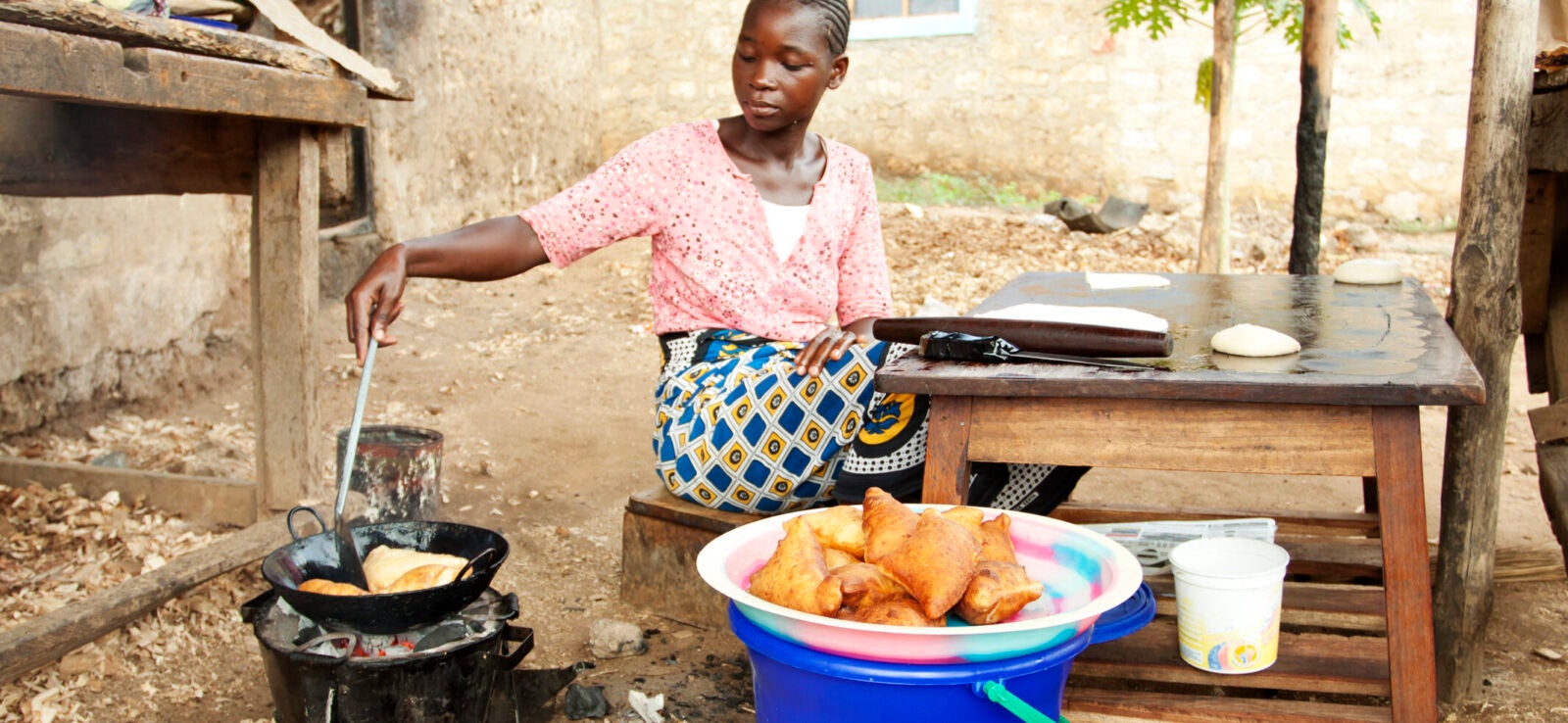Energy Policy When Households Face Credit Constraints: Evidence from India, Kenya, Mexico, and Brazil
This project will develop a formal theoretical model to produce testable predictions, relating to the impacts of carbon taxes and energy subsidies on households that face credit constraints. For this purpose, the grantee will gather a large set of household-level data on appliance ownership and usage, energy prices, and household financial frictions from low-income countries such as India, Kenya, Mexico, and Brazil. Finally, she will use these data to calibrate the model and estimate the welfare implications of different policies, subject to key parameters. This will allow a policymaker to understand in which specific contexts a subsidy may be more efficient than a tax.
Grant Result
Energy efficient technologies could spur sustainable development by generating financial savings while also lowering carbon emissions. Subsidies or access to credit could help the poor adopt these technologies.
Read the Policy Digest
Susanna Berkouwer
Assistant Professor of Business Economics & Public PolicySusanna Berkouwer is an assistant professor of Business Economics & Public Policy at the Wharton School.

